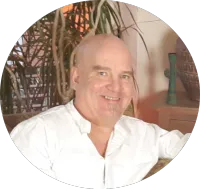Peter Paul Parker's Official Website
Journey Inwards
Succeeds Outwards
Blogs And Articles By Peter Paul Parker

Why Alone Time is Essential for HSPs
Why Alone Time is Essential for HSPs - Overcoming Loneliness
Highly sensitive people, or HSPs as they are commonly referred to, often find themselves requiring additional periods of solitude due to their innate ability to process information on a much deeper level compared to the average person.
Their sensory processing sensitivity means that they absorb and analyse every nuance of the environment and social interactions more intensely, leading to a quicker onset of overstimulation. This heightened state of awareness can be both a gift and a challenge, necessitating frequent pauses away from the hustle and bustle of everyday life.
The Need For Alone Time As An HSP
This intrinsic need for alone time extends beyond mere preference; it is an essential component for maintaining their psychological equilibrium and safeguarding their emotional health. The quiet moments HSPs experience are vital for them to decompress, recentre, and recharge from the myriad of stimuli they encounter daily.
Without adequate periods of rest and isolation, individuals with high sensitivity may find themselves burdened with stress and emotional fatigue, which underscores why solitude is not just a casual desire for them, but an indispensable requirement for their well-being.

"Highly sensitive people (HSPs) need alone time to process their deep sensory awareness, manage overstimulation, and safeguard their mental and emotional well-being."
Why Do HSPs Need More Alone Time?
Sensory Overload
HSPs are acutely aware of their surroundings, making them more likely to experience sensory overload. Bright lights, loud noises, and chaotic environments can feel overwhelming, leaving them emotionally and physically drained—especially in social situations.
Deeper Processing
The HSP brain processes stimuli on a deeper level, even in low-stress environments. Whether it's sights, sounds, or emotions, they reflect intensely on everything, requiring solitude to avoid burnout and maintain balance.
The Supercomputer Brain
Think of the HSP brain as a supercomputer constantly downloading information. Without sufficient downtime, this “supercomputer” can freeze, causing heightened anxiety, sleep disturbances, or even health issues.
Mirror Neurons
HSPs have more active mirror neurons, meaning they absorb emotions and energy from others. While this makes them empathetic, it also leads to emotional exhaustion, making alone time critical for recovery.

"HSPs need alone time to recover from sensory overload, process stimuli deeply, avoid burnout from their 'supercomputer' brains, and replenish energy drained by their heightened empathy."
What Happens When HSPs Don't Get Enough Alone Time?
Physical Symptoms
Fatigue, increased heart rate, chronic health issues, panic attacks, and low sex drive are common physical consequences.
Emotional and Mental Symptoms
Without solitude, HSPs can experience irritability, emotional overwhelm, and difficulty focusing. Prolonged deprivation can lead to anxiety, depression, and discontent.
Burnout
Consistently overstimulated HSPs are at high risk of burnout, making it nearly impossible to handle stress or maintain emotional regulation.
"Without enough alone time, HSPs can face physical symptoms like fatigue, emotional overwhelm, and even burnout, which hinders their ability to manage stress and stay balanced."
The Importance of Downtime
Rest and Restoration
Solitude allows HSPs to process information, turn off their overstimulated nervous systems, and recharge. It's an opportunity to restore mental clarity and emotional balance.
Recharge and Re-Energise
Spending time in a “low stimulation zone” gives HSPs the chance to recover from overwhelming environments, preparing them to engage with the world again.
Self-Care
For HSPs, alone time isn’t a luxury—it’s self-care. This time prevents sensory overload, protects mental health, and reduces the risk of burnout.

How Much Alone Time Do HSPs Need?
Daily Downtime
Experts recommend at least two hours of unstructured alone time daily. This can be split into shorter blocks or enjoyed as a single session but should exclude chores, social media, or work.
Sleep
HSPs typically require 8-12 hours of sleep each night to fully recharge.
Relaxation
Incorporating 1-2 hours of relaxation activities like meditation, yoga, or time in nature can significantly enhance well-being.
"Downtime is essential for HSPs to recharge, restore emotional balance, and prevent burnout, with experts recommending daily alone time, sufficient sleep, and relaxation."
The Difference Between Introversion and High Sensitivity
While about 70% of HSPs are introverts, the two traits are distinct. Introversion reflects a preference for solitude, whereas high sensitivity stems from a deeper susceptibility to overstimulation. Extroverted HSPs, though less common, also require alone time to recover from social engagements.
Loneliness and the HSP Experience
Feeling Unseen
HSPs often feel misunderstood or unseen, particularly if they grew up in environments that didn’t validate their emotions.
Difficulty Fitting In
Superficial social interactions can leave HSPs feeling isolated, as they naturally gravitate toward deeper, more meaningful connections.
Solitude vs. Loneliness
While solitude helps HSPs recharge, excessive isolation can result in loneliness. Striking a balance between alone time and meaningful connections is essential.
Societal Stigmas
Society often misjudges solitude as loneliness or eccentricity. HSPs must embrace their need for alone time as a strength rather than a weakness.

"HSPs often feel misunderstood and struggle to balance their need for solitude with meaningful connections, while facing societal stigmas about their preference for alone time."
Tools for Managing Alone Time
Self-Acceptance
Acknowledging high sensitivity as a normal, valuable trait is the first step toward self-empowerment.
Setting Boundaries
Prioritise health by setting firm boundaries with others to protect alone time.
Intentional Self-Care
Incorporate daily practices such as Qi Gong and meditation, journaling, or spending time in nature to recharge.
Communication
Explain your need for alone time to friends and family to avoid misunderstandings.
Relaxation Techniques
Try mindfulness, Qi Gong, or breathing exercises to further calm your nervous system.

"HSPs can manage their need for alone time through self-acceptance, setting boundaries, practicing intentional self-care, clear communication, and relaxation techniques."
Key Phrases for Communicating Alone Time Needs
Use these phrases to assert your need for alone time:
"I need a sensory break."
"I need to recharge my social battery."
"I'm peopled out and need to restore on my own."
"I need some downtime to decompress."
Conclusion
For HSPs, alone time is a medical necessity, not a luxury. It allows them to process deeply, recover from overstimulation, and maintain emotional balance. By embracing solitude as a tool for self-care, HSPs can live fuller, more harmonious lives.
FAQs On Why HSP's Need Alone Time
1. How can HSPs explain their need for alone time to others?
HSPs can explain their need by framing it as essential for their well-being, using phrases like “I need time to recharge” or “Alone time helps me function better.”
2. Can extroverted HSPs benefit from alone time?
Yes, extroverted HSPs still need alone time to process stimuli and recover from social interactions, even if they enjoy being around others.
3. What are some practical ways to incorporate alone time daily?
Try scheduling breaks in your day, practicing meditation, or spending quiet time in nature to recharge.
4. Is the need for alone time a sign of weakness?
No, alone time is a strength that helps HSPs maintain balance, reduce anxiety, and improve overall health.
5. Can too much alone time lead to loneliness?
Yes, while solitude is essential, HSPs should balance alone time with meaningful social connections to avoid feelings of isolation.
Discover the Dream Method: Heal Emotional Childhood Wounds and Unlock Your True Potential
Do you ever feel like an invisible barrier is holding you back from living the life you truly desire? Emotional childhood wounds—whether seemingly small, like your father forgetting your 7th birthday, or more profound experiences—can shape your perception of life in ways you may not even realize. These wounds often create energetic blocks that keep you stuck in protection mechanisms that no longer serve you.
The Dream Method was created to help highly sensitive people, empaths, and intuitive individuals release these blocks and reclaim their authentic selves. This transformative 5-step process—Discover, Realise, Embrace, Actualize, and Master—is designed to gently guide you through healing emotional pain, shifting your energy, and creating a life aligned with your deepest purpose.
What You'll Gain from the Dream Method:
Heal Childhood Wounds: Address and release the emotional pain and beliefs formed in your early years that have shaped your life choices.
Remove Energetic Blocks: Break free from the protection mechanisms that no longer serve you, such as people-pleasing, perfectionism, or emotional avoidance.
Step into Authenticity: Learn how to embrace your true self, free from the limiting narratives you've carried for years.
Reclaim Your Power: Shift from survival mode to thriving, so you can live a life of joy, connection, and purpose.
Why the Dream Method Works:
Unlike traditional approaches, the Dream Method focuses on energetic transformation. It’s not just about intellectual understanding—it’s about releasing the energy of past wounds so you can feel lighter, freer, and more aligned.
Who is the Dream Method for?
If you’re feeling:
Numb, over-emotional, or disconnected from your true self
Trapped in cycles of self-doubt, anxiety, or fear
Unable to fully step into the life you envision for yourself
...then this method was designed with you in mind.
Your Transformation Awaits
Imagine waking up each day feeling light, confident, and connected to your purpose. Picture yourself living the life you came here to live—a life free from the shadows of your past. The Dream Method can help you make this a reality.
Are You Ready to Begin Your Journey?
The first step is simple: say yes to yourself. Begin your journey toward healing and empowerment today with the Dream Method.
Click the link below to start living the life you were meant to live.
The Dream Method Free Webinar - Click Here

I look forward to connecting again really soon.
Until then, be well and keep shining.
Peter. :)
Categories and website home
Website - Qi Gong - Meditation - HSP - Spirituality - Sound Healing
Further Reading On HSP's
Highly Sensitive People Have A Rich Inner World
HSP's Have A Hard Time Moving On
HSP's Find It Difficult To Change
HSP's Don't Do well Under Pressure
HSP's React Badly To Criticism
HSP's Can Find It Hard To Sleep
Further reading:
References On The Brain:
Studies show that highly sensitive people (HSP) have increased activity in the insula, a part of the brain linked to processing inner and outer experiences. Here are some links to studies on this subject.
The Highly Sensitive Brain Study
The Functional Highly Sensitive Brain
Anxiety In The Highly Sensitive Brain
Studies On Intuition:
Using Intuition As Intelligence
Exploring Intuition Across The Three Brains
Further Reading On Spiritual Subjects
Reprogramme The Subconscious Mind
Scientific Studies On Spirituality
Blogs Categories By Peter Paul Parker

Highly Sensitives, Empaths And Intuitives
This category is dedicated to Highly Sensitive Human Beings, Empaths and Intuitives. This is an incredibly difficult time for us to be here on earth. If we see this from a different perspective, it becomes a superpower and not a curse. Please find comfort and understanding in these articles I have written on the subject. You are not alone.

Meditation – Mindfulness – Mind Mastery
Today's world is a constant bombardment of bad news and more bad news. It has never been more important to connect with yourself. The mind is a powerful tool but a lousy master. In these posts, we learn about the mind and how to make it be a valuable asset to your spiritual and material growth.
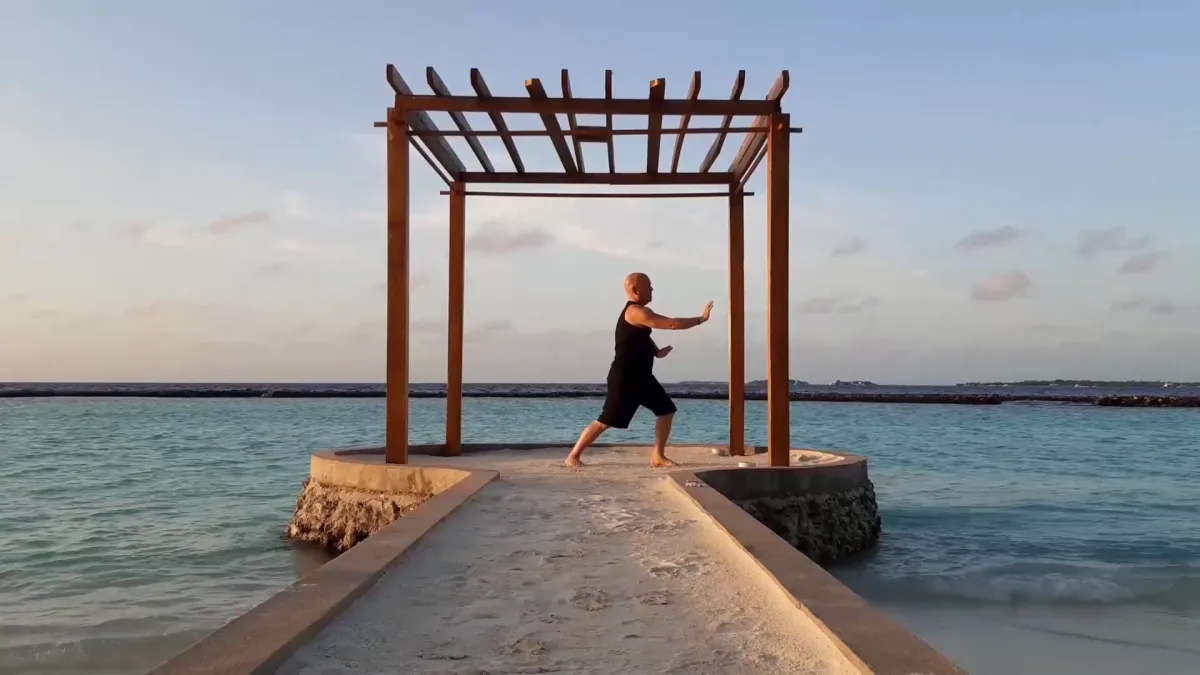
Qi Gong Energy Healing
Qi Gong is an amazing activity to help heal your body. Everything in our material world is built on sound, frequency and vibration. Qi Gong enables you to tap into that vibration and become the amazing being you came here to be.

Vibrational Healing – Sound – Chakra – Food
Now, more than ever, we need to find all kinds of vibrational healing for ourselves. Sound and chakra healing are important elements to your vibrational health. Food is also a key element for a healthy body and a healthy mind. Activities leading to you tuning in to your higher vibrations is so important in this heavy world we live in today.
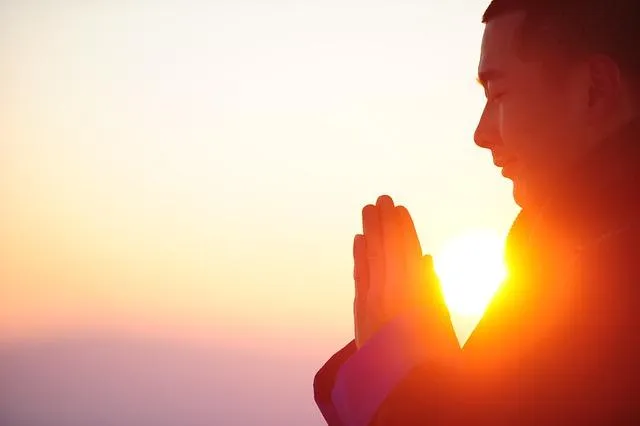
Spirituality – Healing – Knowledge (General)
Spirituality, healing and knowledge is rather a broad subject. You will find something here to spark your interest for your spiritual growth. And you will find knowledge here to help you both in the material and spiritual realms.
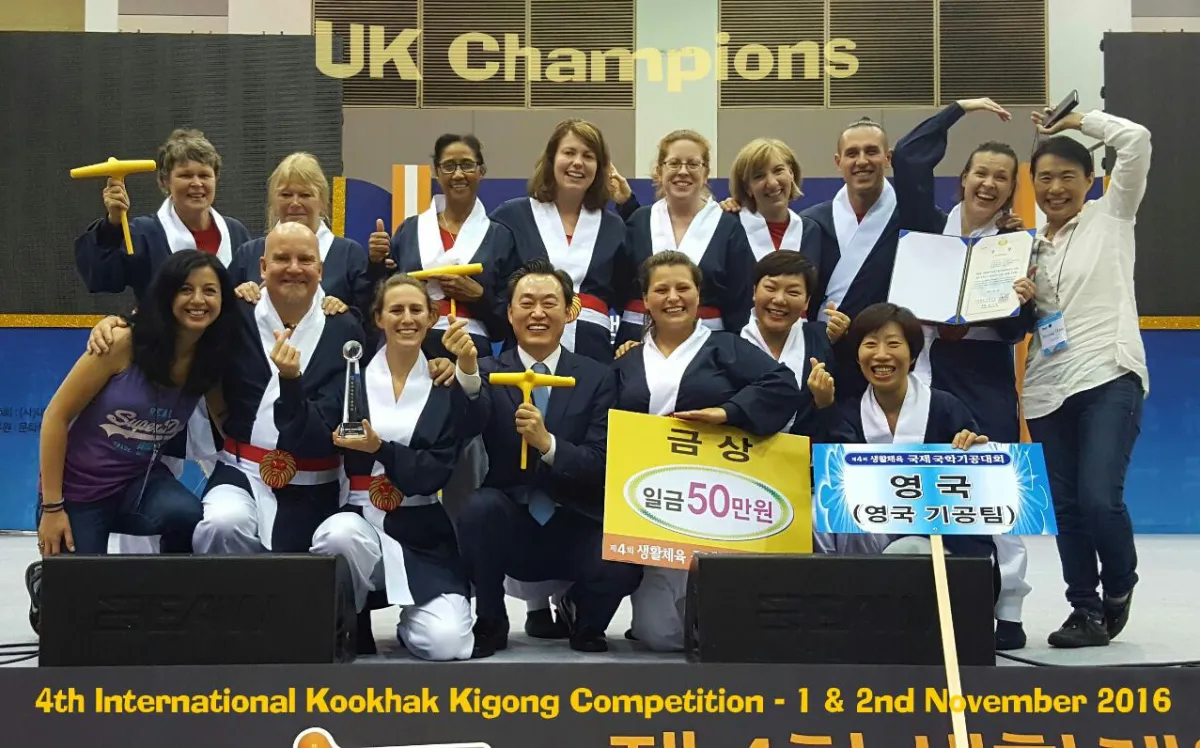
About Peter Paul Parker
Peter Paul Parker is a Dahn Master, energy healer and Qi Gong instructor in the mind-body-spirit world, a musician and sound healer. Chiefly, he works with both the energy and physical body. Peter is a Qi Gong champion, winning the international competition with the British Team in Korea in 2016.
Peter runs the Bright Beings Academy, which is a Qi Gong and Self Realisation School. He is also the founder and Chairman of the charity Brighter Living, providing the elderly in his local area with Qi Gong classes. Peter is based in the London Borough of Kingston upon Thames, and runs live classes in the borough. For those people who cannot get to the Borough, Peter has live classes online. You can find these at the Bright Beings Academy.
Articles By Peter Paul Parker At Brainz Magazine
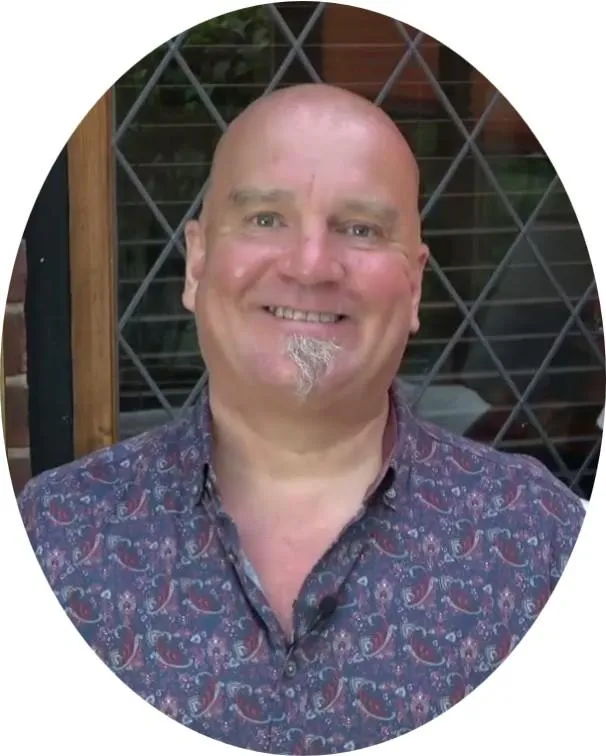
Executive Contributor - Brainz Magazine
Executive Contributors at Brainz Magazine are handpicked and invited to contribute because of their knowledge and valuable insight within their area of expertise. Read exclusive articles from influential leaders, top entrepreneurs, expert coaches and industry leaders within the topics of mindset, business, leadership and lifestyle.

A Change in Perception of Life and Business — An Interview with Ki Gong Champion Peter Paul Parker
Peter Paul Parker is an expert in the mind-body connection, a sound healer, and working with both the energy body and the physical body. Peter is a Ki Gong champion, having entered a competition with the British Team in Korea in 2016, winning the International competition......
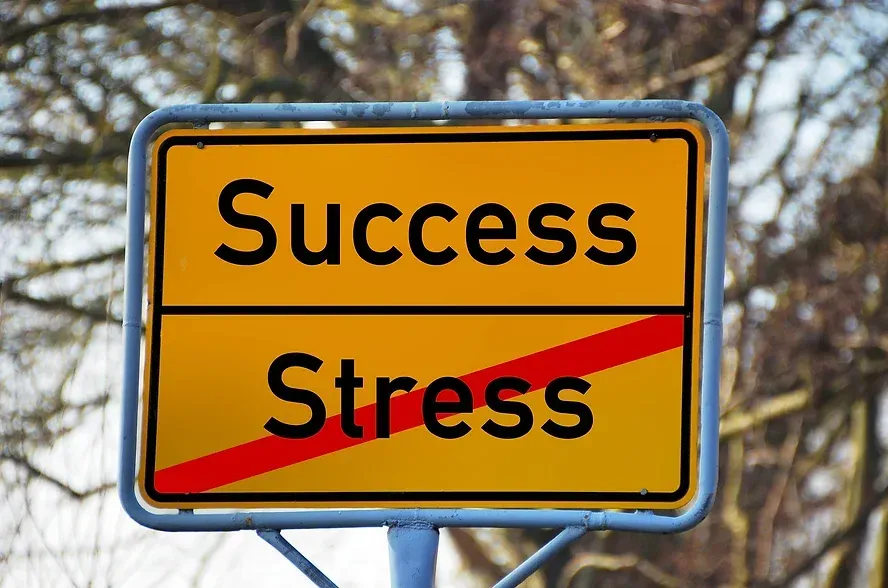
How To Be More Productive In A World That Is Speeding Up
Without wishing to state the obvious, but the world has become exceedingly stressful over the past few years. We can see that human beings have seen more change in the last 200 years, compared to thousands of years previously.
Everything is moving so much quicker.......
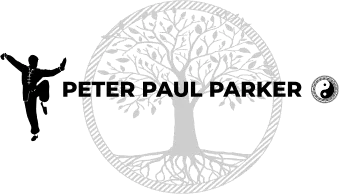
How To Achieve A Strong Mind-Body Connection For More Creativity
Without wishing to state the obvious, but the world has become exceedingly stressful over the past few years. We can see that human beings have seen more change in the last 200 years, compared to thousands of years previously.
Everything is moving so much quicker........
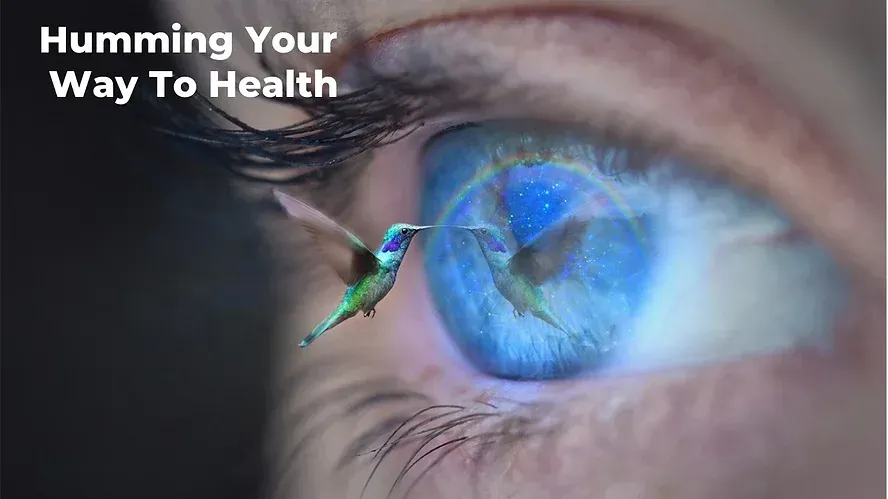
How Humming Can Release Your Creativity And Confidence
We have all hummed at some point in our lives. We also have used the word ‘hummer’ to describe a small error or mistake. We usually hum when we are happy. I am sure you have heard many times,
the annoying humming of someone with their headphones on.......
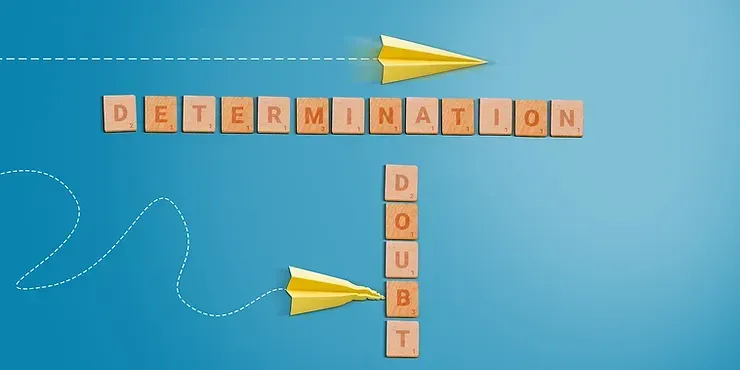
Are You Lacking In Willpower?
My own personal willpower has been relatively average for me all throughout my life. When I was really passionate about something, I would just get on and do it. When it was something I enjoyed but was causing me harm and I needed to give it up, that was a different story altogether.....
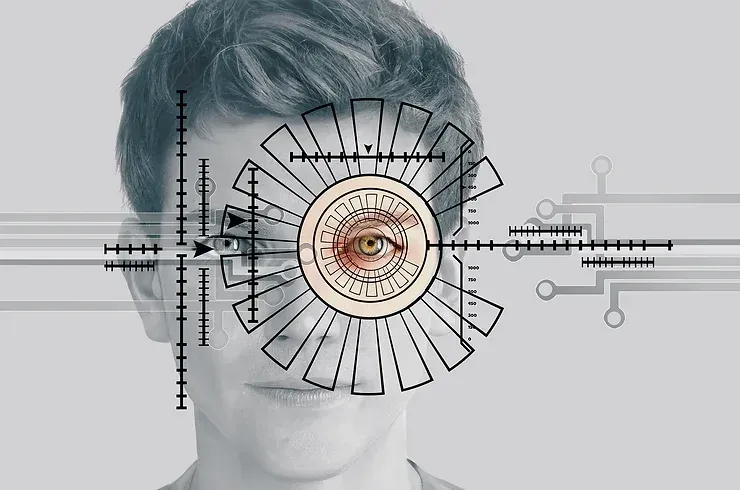
Are You A Highly Sensitive Entrepreneur?
The word sensitivity is rather like the word meditation. It does not really give you the full understanding of what you are actually talking about. For instance, when you talk about meditation, what does that actually mean? The original meaning is ‘To think deeply about something.’.....
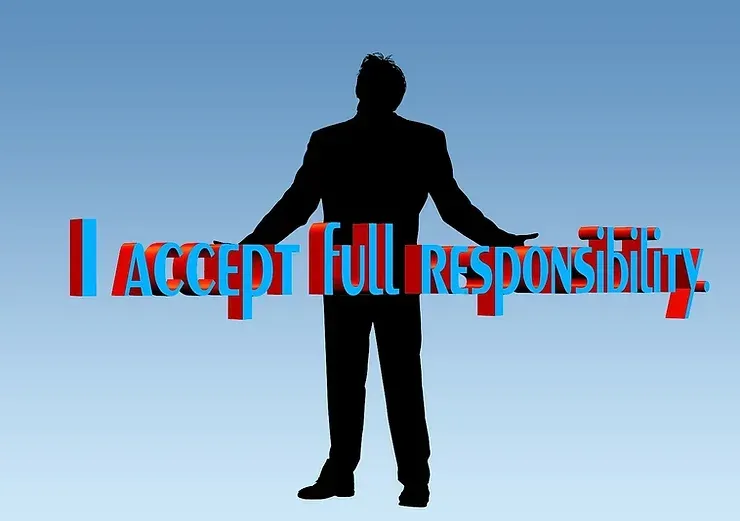
Are Highly Sensitive People More Ethical In Business?
In my last article in Brainz magazine, I discussed highly sensitive people and how they are now being recognised as different from other human beings. Furthermore, in a study entitled ‘The functional highly sensitive brain: a review of the brain circuits underlying sensory processing sensitivity and seemingly related disorders’,....

Have you ever really thought how you are when you meet people for the first time? Be it a prospective client, or new business acquaintance, or even someone at a party. It is something I have never really thought about until recently.
Having my profession in the mind, body, spirit arena, I do meet many Buddhists........
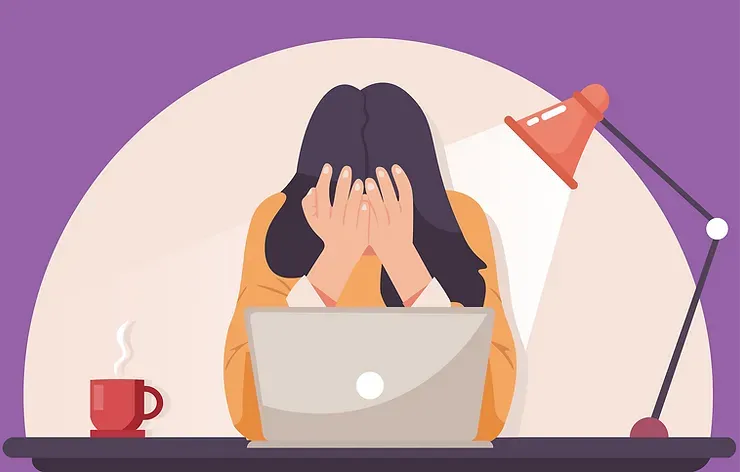
Menticide, Gas Lighting And Open Loops. What Does This Mean To You?
We’re living through a time when we are being made to feel crazy, in what some people are calling menticide, or genocide of the mind. One of these crazy making practices is called gaslighting, which is happening individually, and collectively. This not only affects us, but our environment also.....
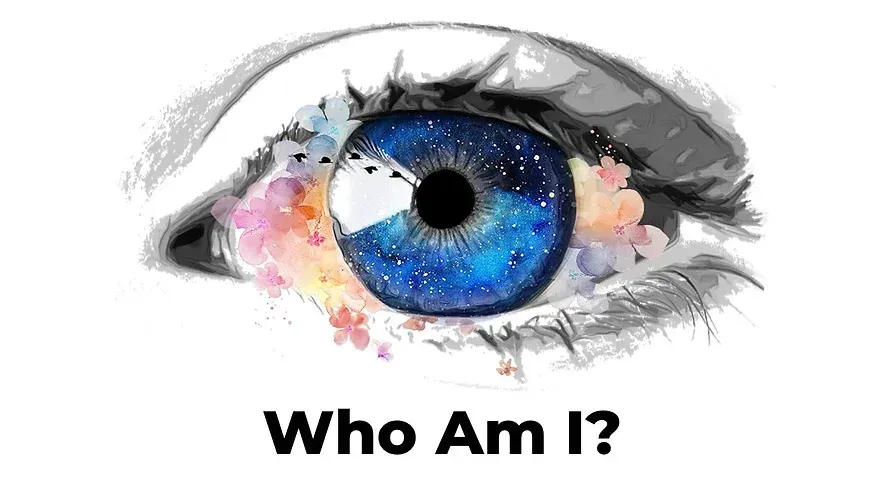
So many people are saying now ‘Be your true self!’ ‘Be the authentic you!’ ‘Be who you were born to be!’ And the answer to that statement from many people I work with seems to be, what does that actually mean? What do you mean ‘Be Me?’ Let’s take a deep dive into this question of what is the meaning of your true self?....
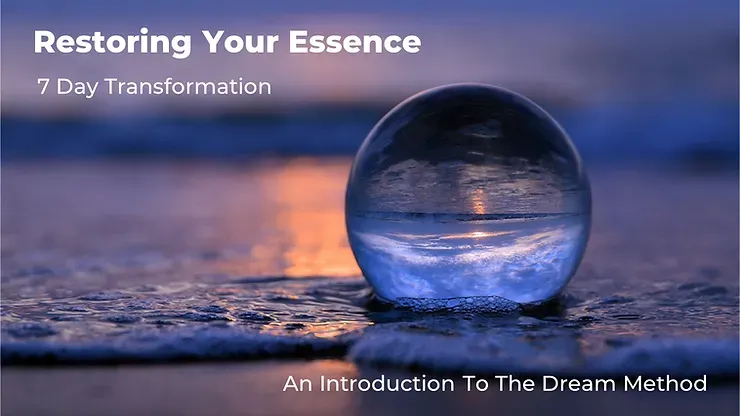
Restoring Your Essence
What does that mean, to restore your essence? No one can deny that we live in a stressful world. And human beings have not evolved well to deal with this stress and anxiety to cope with this new way of living. As technology grows around us, which has its good and bad sides, we still have not adapted to this modern way of life....
Articles By Peter Paul Parker At Co-Creation Global
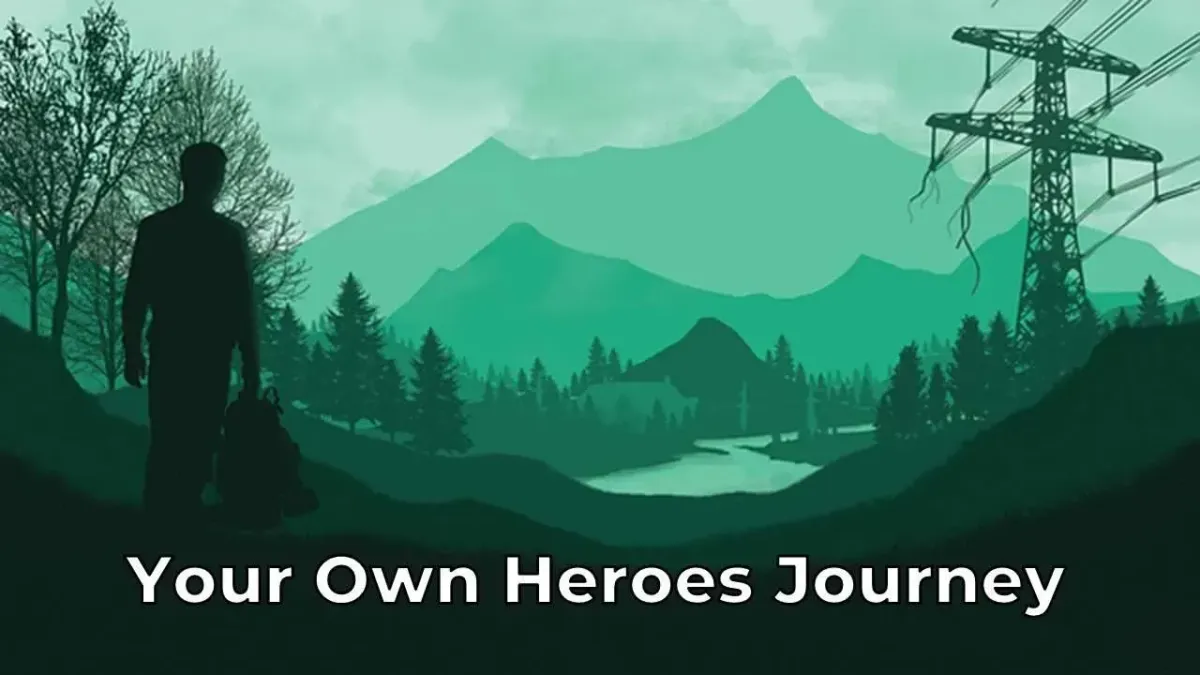
Have You Found Your Own Hero’s Journey Yet?
Whether it be a film, book, play, fairy tale or even folk story, there seems to be a common theme of the hero. All these heroes can be placed in the realm of fantasy or fiction. Even when we see biographies of the heroes transcending adversity depicted in films.......

Switch Off Your Phone And Get A Better Connection
What an invention mobile or cell phones have been. If you would have told me as a very young man that I would be able to talk face-to-face with someone across the other side of the world using a mobile device, I would have said you’ve been watching too much Star Trek......
Copyright Peter Paul Parker 2023 <<< ✺✺✺✺✺✺✺✺✺✺✺✺✺✺✺✺✺✺✺✺✺ >>> Terms And Conditions - >>> Privacy - Linked In - YouTube - Facebook -
